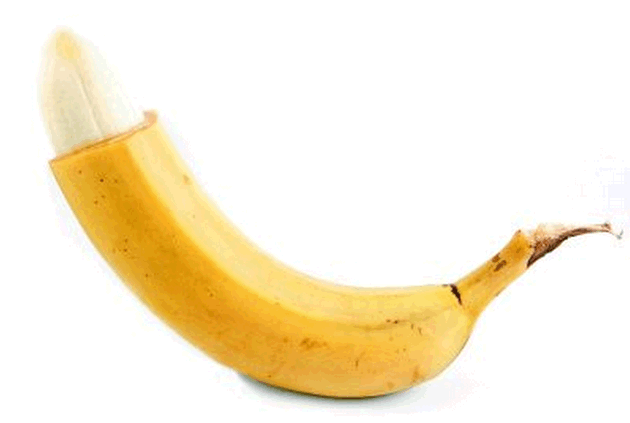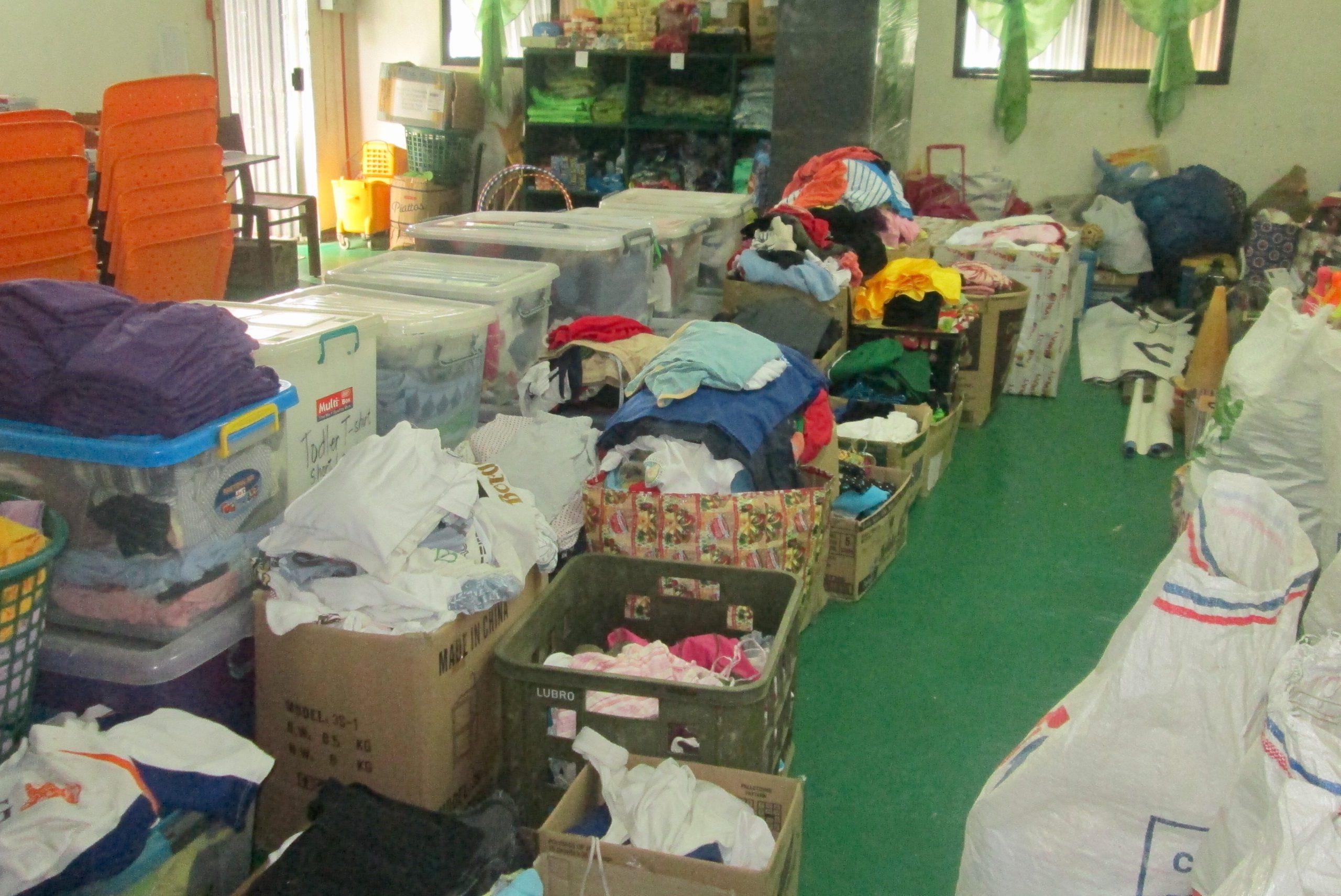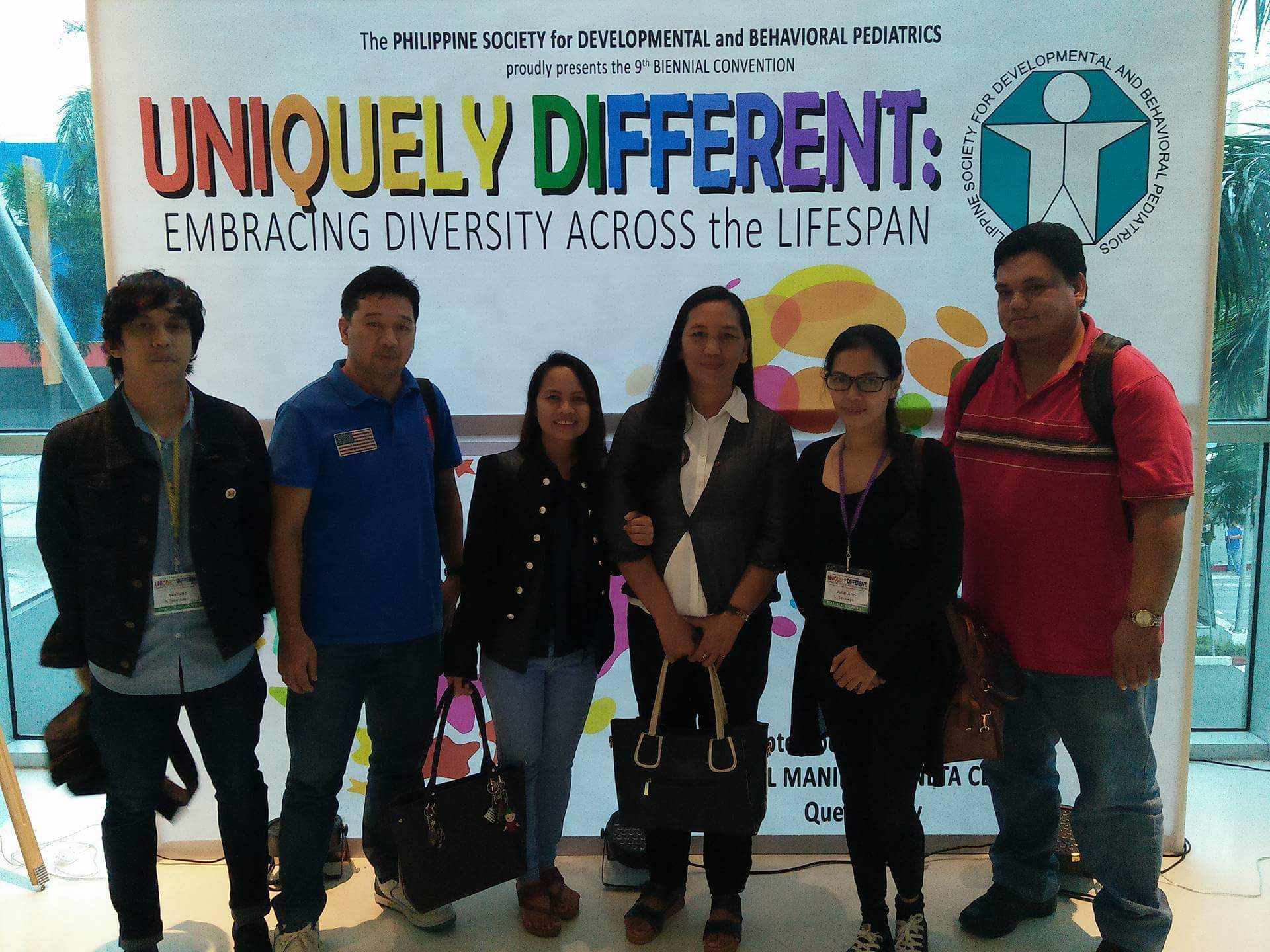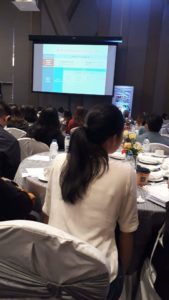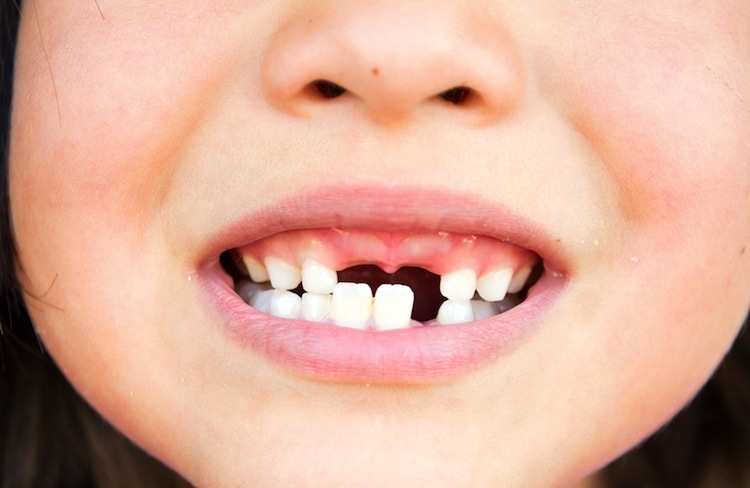The oldest documentary evidence of male circumcision comes from ancient Egypt. Circumcision was common, although not universal, among ancient Semitic peoples. In the aftermath of the conquests of Alexander the Great, however, Greek dislike of circumcision (they regarded a man as truly “naked” only if his prepuce was retracted) led to a decline in its incidence among many peoples that had previously practiced it. Circumcision has ancient roots among several ethnic groups in sub-equatorial Africa, and is still performed on adolescent boys to symbolize their transition to warrior status or adulthood.
Male circumcision and/or sub incision, often as part of an intricate coming of age ritual, was a common practice among Australian Aborigines and Pacific islanders at first contact with Western travelers. It is still practiced in the traditional way by a proportion of the population. Circumcision is a religious or cultural ritual for many Jewish and Islamic families, as well as certain aboriginal tribes in Africa and Australia. Circumcision can also be a matter of family tradition, personal hygiene or preventive health care.
Circumcision might have various health benefits, including:
· Easier hygiene. Circumcision makes it simpler to wash the penis. Washing beneath the foreskin of an uncircumcised penis is generally easy, however.
· Decreased risk of urinary tract infections. The overall risk of urinary tract infections in males is low, but these infections are more common in uncircumcised males. Severe infections early in life can lead to kidney problems later on.
· Decreased risk of sexually transmitted infections. Circumcised men might have a lower risk of certain sexually transmitted infections, including HIV. Still, safe sexual practices remain essential.
· Prevention of penile problems. Occasionally, the foreskin on an uncircumcised penis can be difficult or impossible to retract (phimosis). This can lead to inflammation of the foreskin or head of the penis.
· Decreased risk of penile cancer. Although cancer of the penis is rare, it’s less common in circumcised men. In addition, cervical cancer is less common in the female sexual partners of circumcised men.
Circumcision at the age of 7 days
Circumcision at the age of 7 or 8 days is held as the ideal time for circumcision in many religions and cultural traditions. We would have to agree that this may have been an excellent age to perform circumcision with older methods of circumcision where bleeding and poor healing were significant complications and delaying circumcision may further increase the risk of these complications occurring. However the Plausible device seems to perform best between one and three months but is also regularly performed on babies younger than one month safely and effectively. Circumcision at the IMC can be performed on boys from the age of 7 days old, provided they are fit and well.
· Here in the Philippines mostly they called ‘Operation Tule’ at the age of 9 and above it depends on the height of the child. Because some kids are bigger than their age.
· Circumcision is a common procedure in which the skin covering the tip of the penis is surgically removed. It’s usually performed on a newborn boy before he leaves the hospital, and often within the first 2 days of life. In the Jewish faith, it is performed in a special ceremony when a baby is 8 days old.
· Boys are born with a hood of skin, called the foreskin, covering the head (glans) of the penis. In circumcision, the foreskin is removed to expose the head of the penis. It’s a quick procedure that causes very little bleeding and stitches aren’t needed. Older boys can be circumcised, but the procedure is a bit more involved. After the circumcision, a protective bandage may be placed over the wound, which generally heals on its own within a week to 10 days.

